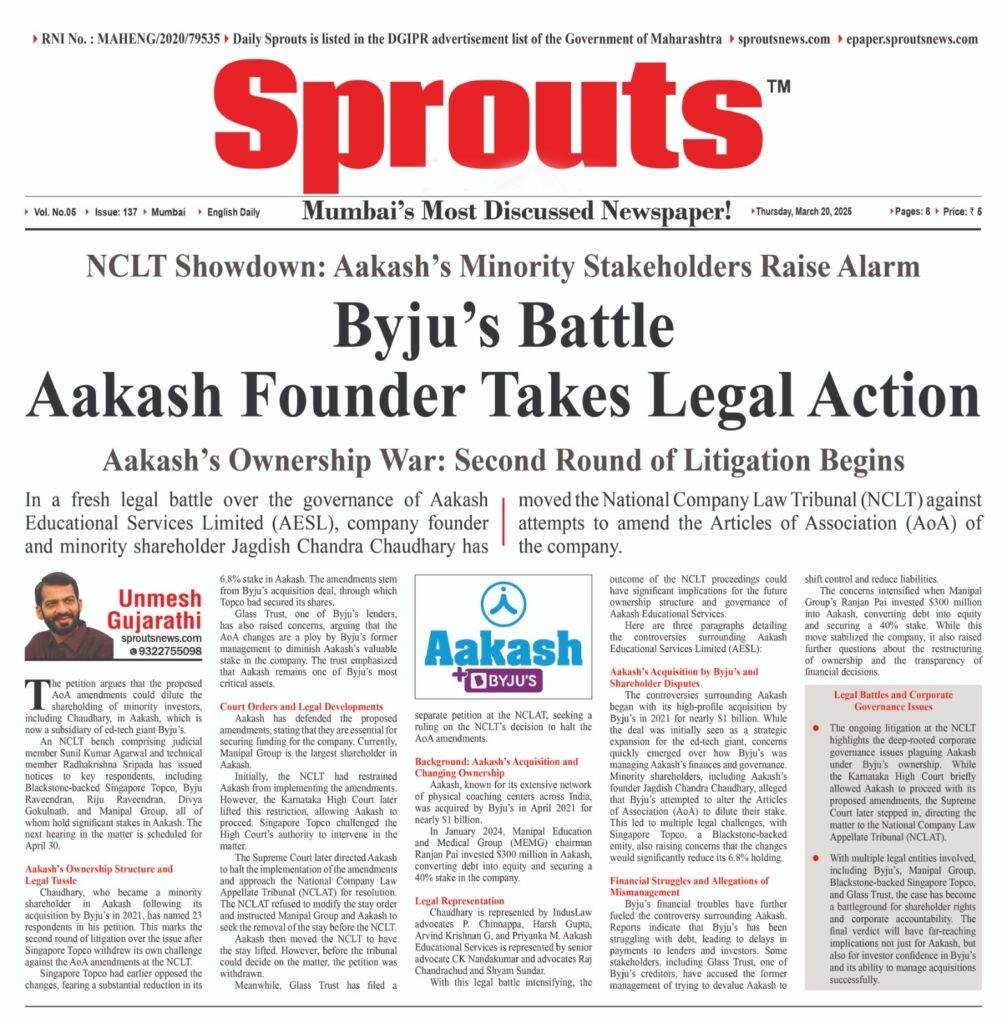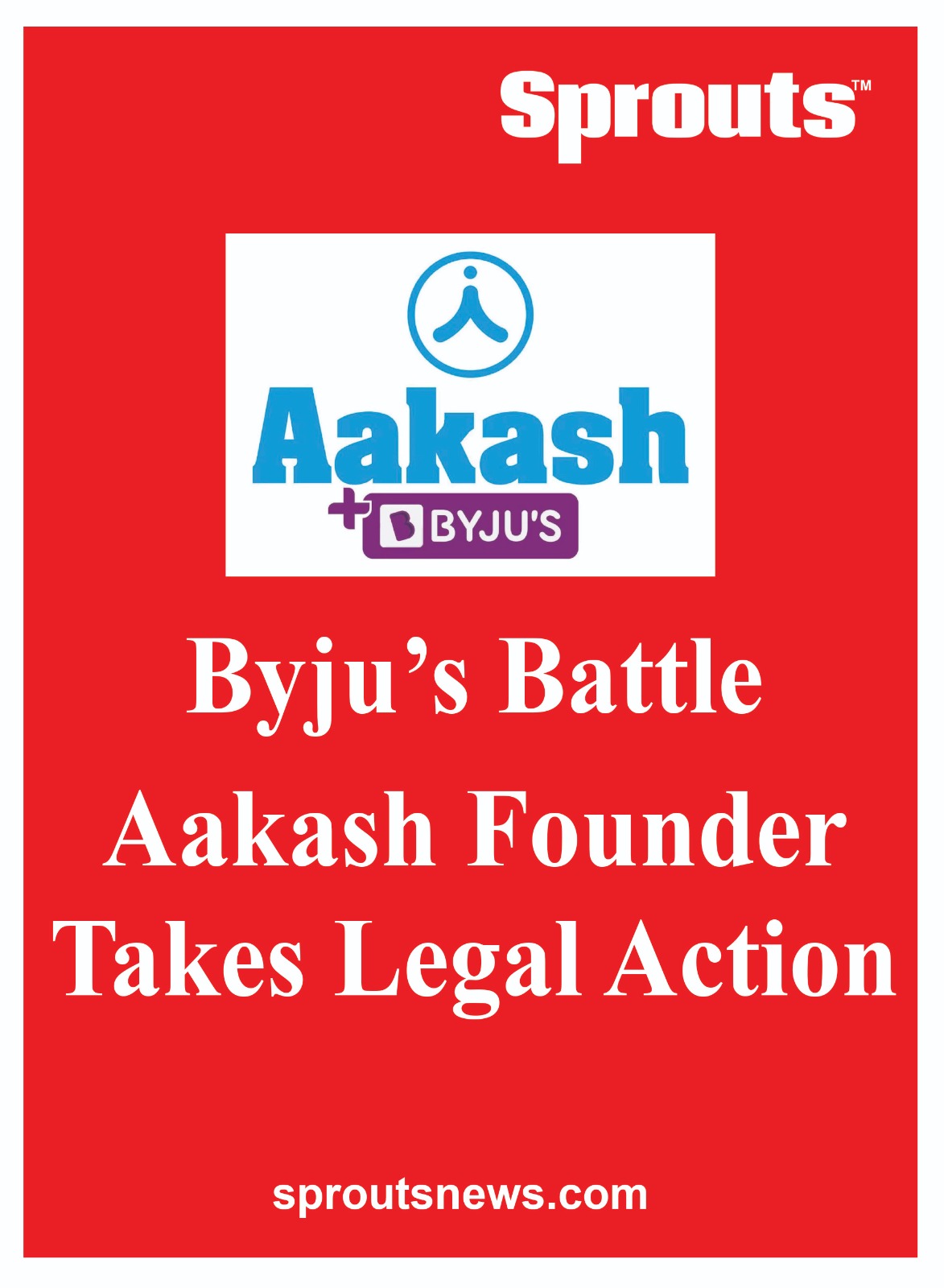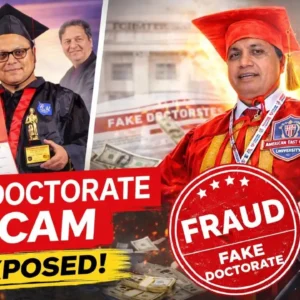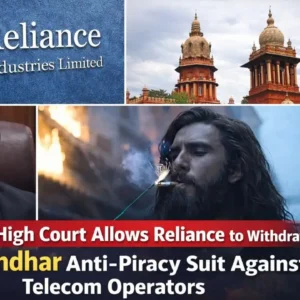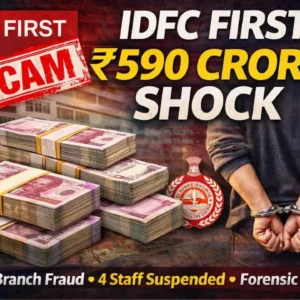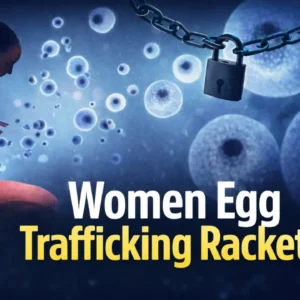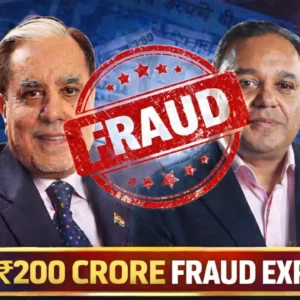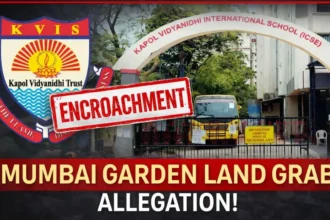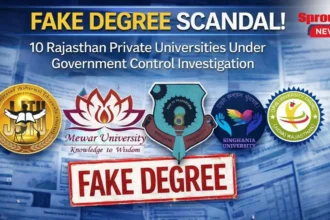• NCLT Showdown: Aakash’s Minority Stakeholders Raise Alarm
• Aakash’s Ownership War: Second Round of Litigation Begins
Unmesh Gujarathi
Sprouts News Exclusive
- • NCLT Showdown: Aakash’s Minority Stakeholders Raise Alarm
- Also Read: Devotees of Neem Karoli Baba Furious Over Uttarakhand Govt.’s Inaction
- • Minority Shareholder Stakes at Risk
- • Aakash’s Ownership Structure and Legal Tussle
- • Court Orders and Legal Developments
- • Background: Aakash’s Acquisition and Changing Ownership
- Here are three paragraphs detailing the controversies surrounding Aakash Educational Services Limited (AESL):
In a fresh legal battle over the governance of Aakash Educational Services Limited (AESL), company founder and minority shareholder Jagdish Chandra Chaudhary has moved the National Company Law Tribunal (NCLT) against attempts to amend the Articles of Association (AoA) of the company.
Also Read: Devotees of Neem Karoli Baba Furious Over Uttarakhand Govt.’s Inaction
• Minority Shareholder Stakes at Risk
The petition argues that the proposed AoA amendments could dilute the shareholding of minority investors, including Chaudhary, in Aakash, which is now a subsidiary of ed-tech giant Byju’s.
An NCLT bench comprising judicial member Sunil Kumar Agarwal and technical member Radhakrishna Sripada has issued notices to key respondents, including Blackstone-backed Singapore Topco, Byju Raveendran, Riju Raveendran, Divya Gokulnath, and Manipal Group, all of whom hold significant stakes in Aakash. The next hearing in the matter is scheduled for April 30.
• Aakash’s Ownership Structure and Legal Tussle
Chaudhary, who became a minority shareholder in Aakash following its acquisition by Byju’s in 2021, has named 23 respondents in his petition. This marks the second round of litigation over the issue after Singapore Topco withdrew its own challenge against the AoA amendments at the NCLT.
Singapore Topco had earlier opposed the changes, fearing a substantial reduction in its 6.8% stake in Aakash. The amendments stem from Byju’s acquisition deal, through which Topco had secured its shares.
Glass Trust, one of Byju’s lenders, has also raised concerns, arguing that the AoA changes are a ploy by Byju’s former management to diminish Aakash’s valuable stake in the company. The trust emphasized that Aakash remains one of Byju’s most critical assets.
• Court Orders and Legal Developments
Aakash has defended the proposed amendments, stating that they are essential for securing funding for the company. Currently, Manipal Group is the largest shareholder in Aakash.
Initially, the NCLT had restrained Aakash from implementing the amendments. However, the Karnataka High Court later lifted this restriction, allowing Aakash to proceed. Singapore Topco challenged the High Court’s authority to intervene in the matter.
The Supreme Court later directed Aakash to halt the implementation of the amendments and approach the National Company Law Appellate Tribunal (NCLAT) for resolution. The NCLAT refused to modify the stay order and instructed Manipal Group and Aakash to seek the removal of the stay before the NCLT.
Aakash then moved the NCLT to have the stay lifted. However, before the tribunal could decide on the matter, the petition was withdrawn.
Meanwhile, Glass Trust has filed a separate petition at the NCLAT, seeking a ruling on the NCLT’s decision to halt the AoA amendments.
• Background: Aakash’s Acquisition and Changing Ownership
Aakash, known for its extensive network of physical coaching centers across India, was acquired by Byju’s in April 2021 for nearly $1 billion.
In January 2024, Manipal Education and Medical Group (MEMG) chairman Ranjan Pai invested $300 million in Aakash, converting debt into equity and securing a 40% stake in the company.
• Legal Representation
Chaudhary is represented by IndusLaw advocates P. Chinnappa, Harsh Gupta, Arvind Krishnan G, and Priyanka M. Aakash Educational Services is represented by senior advocate CK Nandakumar and advocates Raj Chandrachud and Shyam Sundar.
With this legal battle intensifying, the outcome of the NCLT proceedings could have significant implications for the future ownership structure and governance of Aakash Educational Services.
Here are three paragraphs detailing the controversies surrounding Aakash Educational Services Limited (AESL):
• Aakash’s Acquisition by Byju’s and Shareholder Disputes
The controversies surrounding Aakash began with its high-profile acquisition by Byju’s in 2021 for nearly $1 billion. While the deal was initially seen as a strategic expansion for the ed-tech giant, concerns quickly emerged over how Byju’s was managing Aakash’s finances and governance. Minority shareholders, including Aakash’s founder Jagdish Chandra Chaudhary, alleged that Byju’s attempted to alter the Articles of Association (AoA) to dilute their stake. This led to multiple legal challenges, with Singapore Topco, a Blackstone-backed entity, also raising concerns that the changes would significantly reduce its 6.8% holding.
• Financial Struggles and Allegations of Mismanagement
Byju’s financial troubles have further fueled the controversy surrounding Aakash. Reports indicate that Byju’s has been struggling with debt, leading to delays in payments to lenders and investors. Some stakeholders, including Glass Trust, one of Byju’s creditors, have accused the former management of trying to devalue Aakash to shift control and reduce liabilities.
The concerns intensified when Manipal Group’s Ranjan Pai invested $300 million into Aakash, converting debt into equity and securing a 40% stake. While this move stabilized the company, it also raised further questions about the restructuring of ownership and the transparency of financial decisions.
Legal Battles and Corporate Governance Issues
The ongoing litigation at the NCLT highlights the deep-rooted corporate governance issues plaguing Aakash under Byju’s ownership. While the Karnataka High Court briefly allowed Aakash to proceed with its proposed amendments, the Supreme Court later stepped in, directing the matter to the National Company Law Appellate Tribunal (NCLAT).
With multiple legal entities involved, including Byju’s, Manipal Group, Blackstone-backed Singapore Topco, and Glass Trust, the case has become a battleground for shareholder rights and corporate accountability. The final verdict will have far-reaching implications not just for Aakash, but also for investor confidence in Byju’s and its ability to manage acquisitions successfully.


